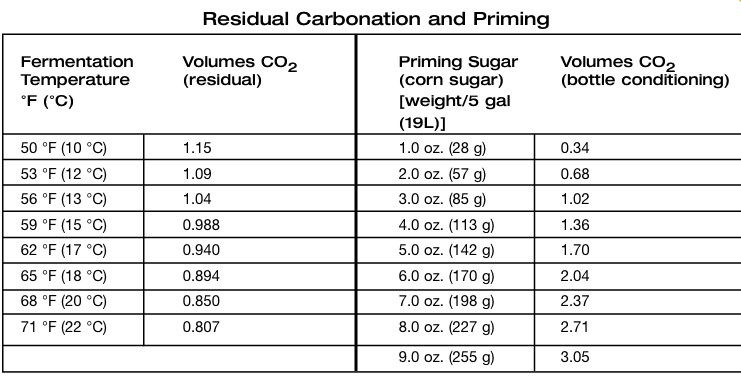Articles
Reading a Water Report for Beginners
Brewing water can be pretty confusing, especially to a new homebrewer who is starting to brew all-grain batches. All you need to know in the beginning, however, is if six certain ions
Designing Your First Homebrew Recipe
Once you feel comfortable homebrewing with pre-written recipes, it’s only natural to wonder how to formulate an original recipe of your own. With a little up-front planning and research, you can successfully
Your First Homebrew Competition
Competitions can be a fun way to learn more about brewing better homebrews — and maybe earn some bragging rights as well. If you are interested in seeing how your homebrews stack
Crazy Mountain Brewing Co.: Replicator
Dear Replicator, I am an avid homebrewer and especially enjoy trying to replicate the great beers I come across in my journeys. I recently fell in love with Crazy Mountain Brewing Company’s Amber Ale
Storing Ingredients
One of the easiest ways to save money as you begin homebrewing more often — and a way to ensure you have ingredients on hand when you decide to brew up a batch
Sasquatch Brewing Company: Replicator
Dear Replicator, Last fall I made a trip up to that great beer city, Portland, Oregon, to visit a good friend. He took me to the southwest part of town to Sasquatch
Selecting Hops
Whether it’s a double IPA from which the hops literally jump from the glass to punch you in the mouth, or a stout where the hop characteristics are more subtle and used
Calibration and Conclusion
Homebrewers have a variety of tools at their disposal — including hydrometers, thermometers and pH meters — to measure important variables during the brew day. It is important that these be calibrated, so
Post Fermentation and Packaging
After fermentation, the beer needs to be packaged into bottles or kegs. The beer must also be carbonated to the correct level. For the best results, the beer should be exposed to
Fermenting and Conditioning
Running a healthy fermentation depends on pitching an appropriate amount of healthy yeast. Beyond that, creating proper wort conditions (with respect to aeration and nutrition) and controlling your fermentation temperatures are the
Wort Production (with malted grains)
Making wort from malted grains gives the brewer the freedom to control the attributes of his or her wort, most notably, its fermentability. You have many options on an all-grain brew day.








